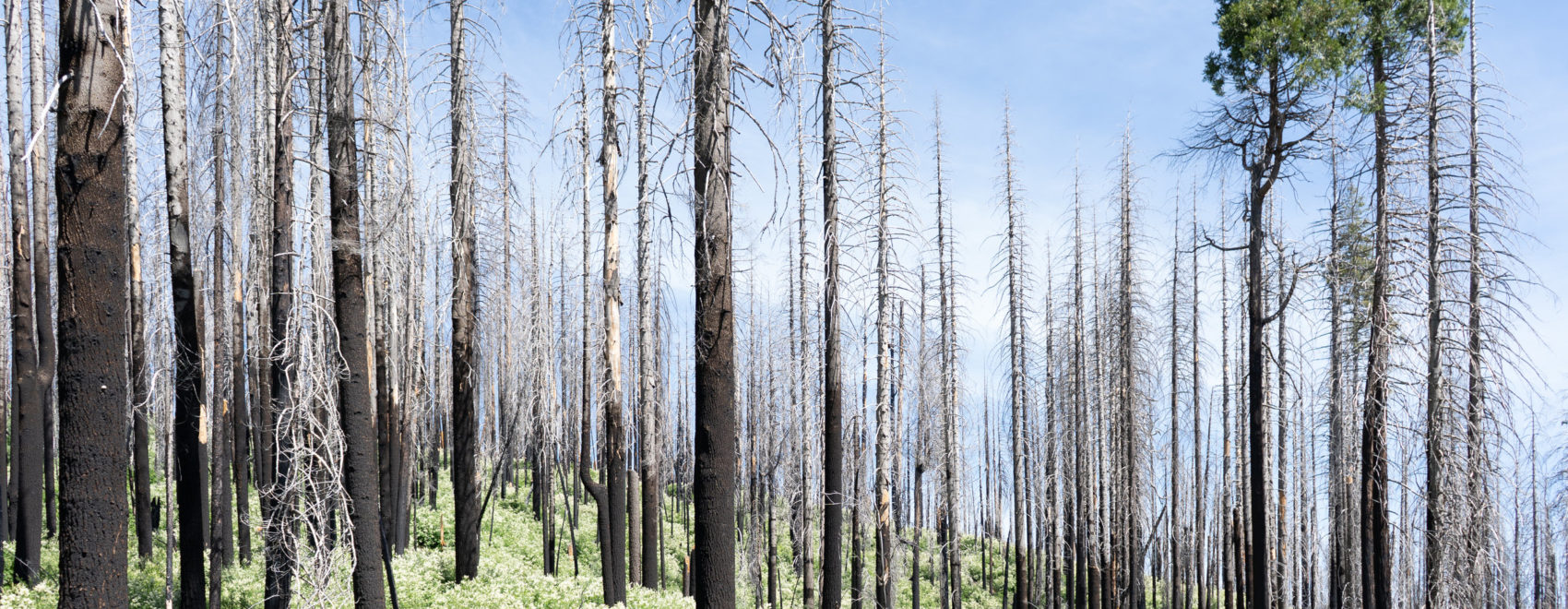Management Implications:
-
In an era of change, a “resist, accept, and direct” (RAD) framework may be useful in prioritizing intervention strategies in anticipation of fire, during incident management, and postfire landscape management.
-
Science to support decisions around resisting, accepting, or directing forest conversion is best formed within coproduction models between scientists, managers, and other stakeholders, where all parties meaningfully engage!
(Brief) J. Coop, S. Parks, and C. Stevens-Rumann. Wildfire-driven conversion in Western North American Forests. Research Brief. Oct 2020.
(Full Pub) Coop, JD et al. 2020. Wildfire-Driven Forest Conversion in Western North American Landscapes. BioScience, Volume 70, Issue 8, August 2020, Pages 659–673. https://doi.org/10.1093/biosci/biaa061

